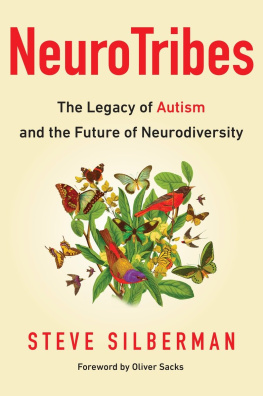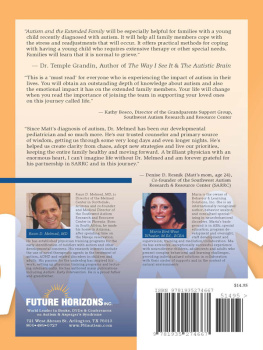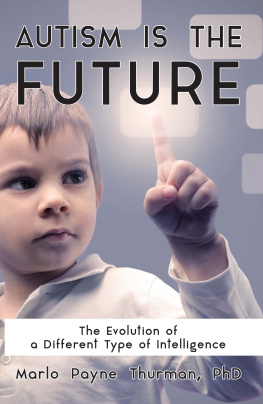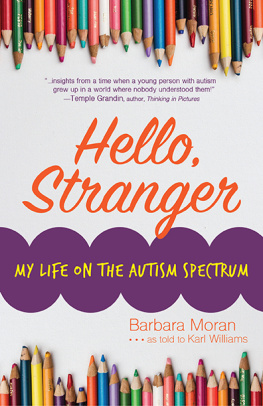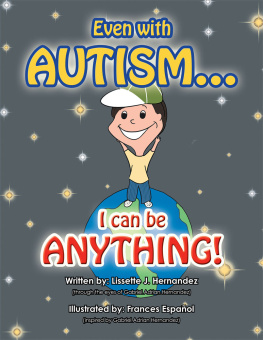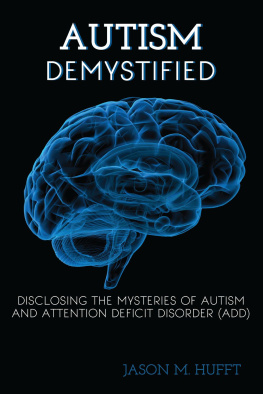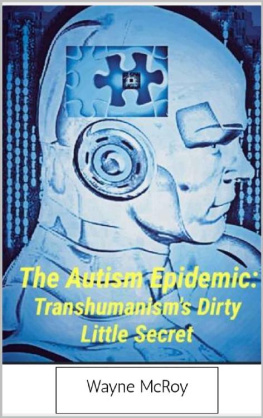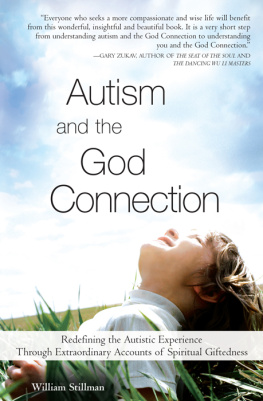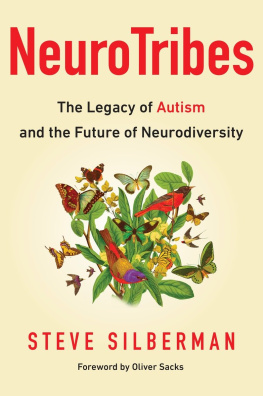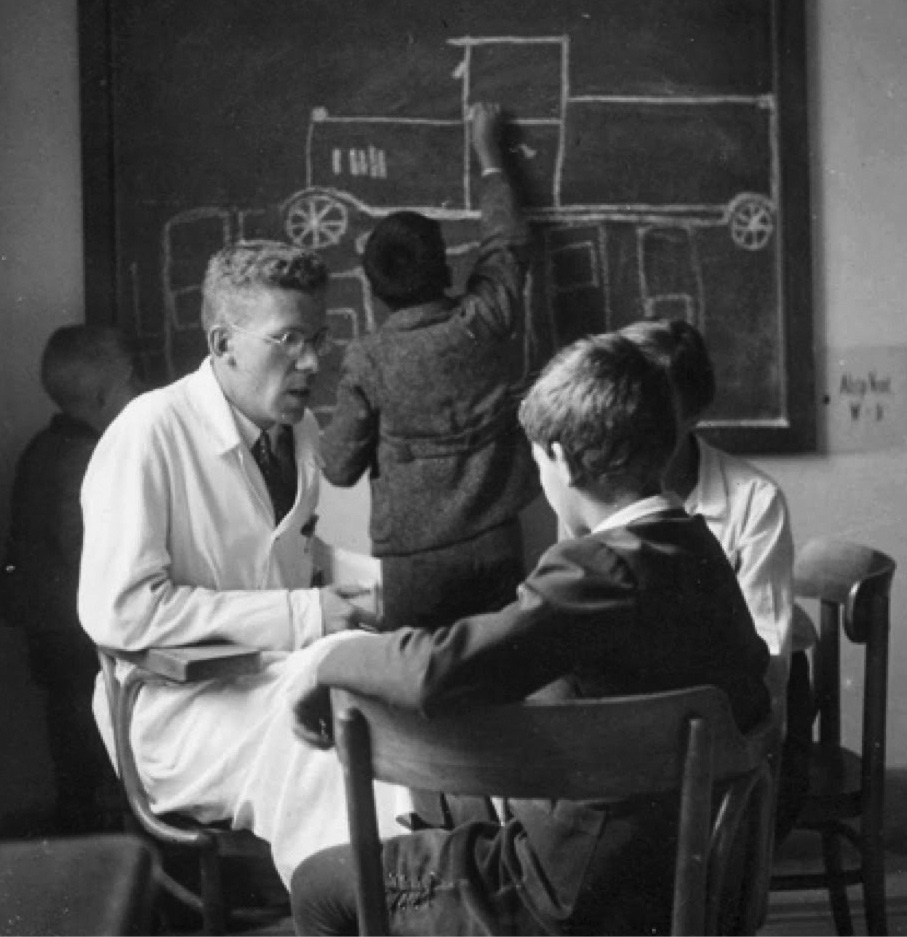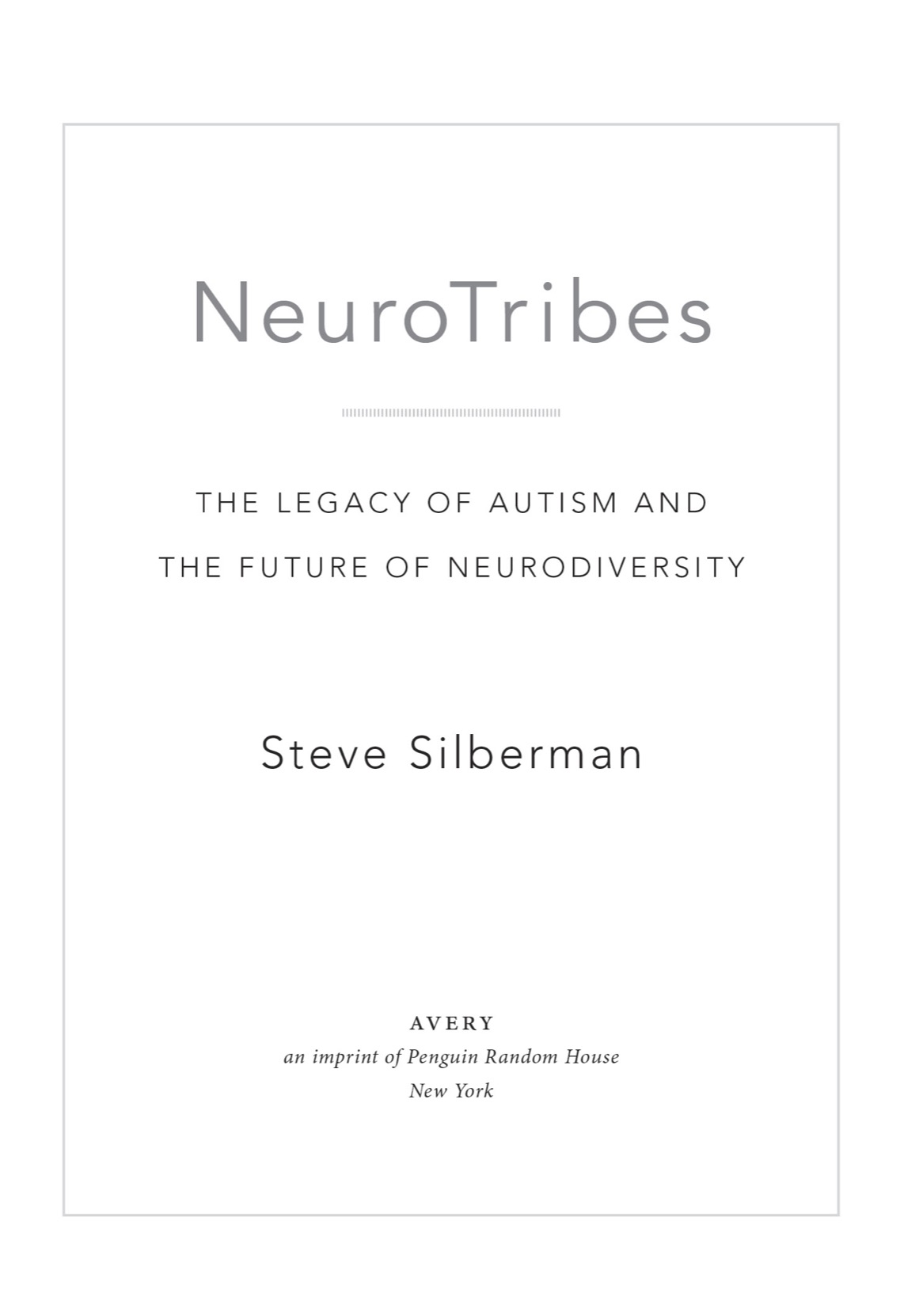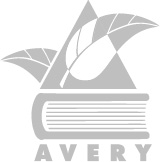Silberman - Neurotribes : the legacy of autism and the future of neurodiversity
Here you can read online Silberman - Neurotribes : the legacy of autism and the future of neurodiversity full text of the book (entire story) in english for free. Download pdf and epub, get meaning, cover and reviews about this ebook. year: 2015, publisher: Penguin Publishing Group;Avery, genre: Detective and thriller. Description of the work, (preface) as well as reviews are available. Best literature library LitArk.com created for fans of good reading and offers a wide selection of genres:
Romance novel
Science fiction
Adventure
Detective
Science
History
Home and family
Prose
Art
Politics
Computer
Non-fiction
Religion
Business
Children
Humor
Choose a favorite category and find really read worthwhile books. Enjoy immersion in the world of imagination, feel the emotions of the characters or learn something new for yourself, make an fascinating discovery.
- Book:Neurotribes : the legacy of autism and the future of neurodiversity
- Author:
- Publisher:Penguin Publishing Group;Avery
- Genre:
- Year:2015
- Rating:5 / 5
- Favourites:Add to favourites
- Your mark:
Neurotribes : the legacy of autism and the future of neurodiversity: summary, description and annotation
We offer to read an annotation, description, summary or preface (depends on what the author of the book "Neurotribes : the legacy of autism and the future of neurodiversity" wrote himself). If you haven't found the necessary information about the book — write in the comments, we will try to find it.
A groundbreaking book that upends conventional thinking about autism and suggests a broader model for acceptance, understanding, and full participation in society for people who think differently-- Read more...
Abstract: A groundbreaking book that upends conventional thinking about autism and suggests a broader model for acceptance, understanding, and full participation in society for people who think differently. What is autism: a devastating developmental disorder, a lifelong disability, or a naturally occurring form of cognitive difference akin to certain forms of genius? In truth, it is all of these things and more--and the future of our society depends on our understanding it. WIRED reporter Steve Silberman unearths the secret history of autism, long suppressed by the same clinicians who became famous for discovering it, and finds surprising answers to the crucial question of why the number of diagnoses has soared in recent years. Going back to the earliest days of autism research and chronicling the brave and lonely journey of autistic people and their families through the decades, Silberman provides long-sought solutions to the autism puzzle, while mapping out a path for our society toward a more humane world in which people with learning differences and those who love them have access to the resources they need to live happier, healthier, more secure, and more meaningful lives. Along the way, he reveals the untold story of Hans Asperger, the father of Aspergers syndrome, whose little professors were targeted by the darkest social-engineering experiment in human history; exposes the covert campaign by child psychiatrist Leo Kanner to suppress knowledge of the autism spectrum for fifty years; and casts light on the growing movement of neurodiversity activists seeking respect, support, technological innovation, accommodations in the workplace and in education, and the right to self-determination for those with cognitive differences--
A groundbreaking book that upends conventional thinking about autism and suggests a broader model for acceptance, understanding, and full participation in society for people who think differently
Silberman: author's other books
Who wrote Neurotribes : the legacy of autism and the future of neurodiversity? Find out the surname, the name of the author of the book and a list of all author's works by series.

